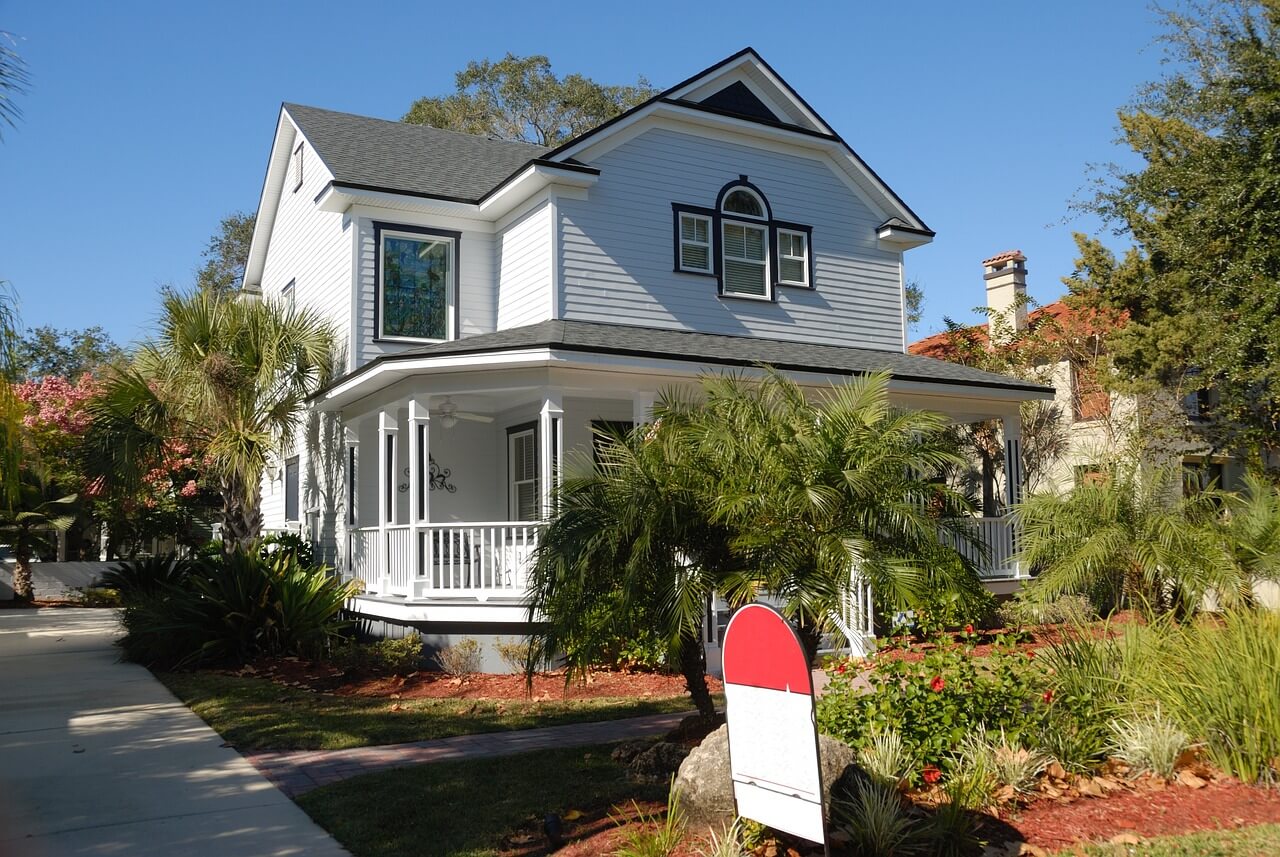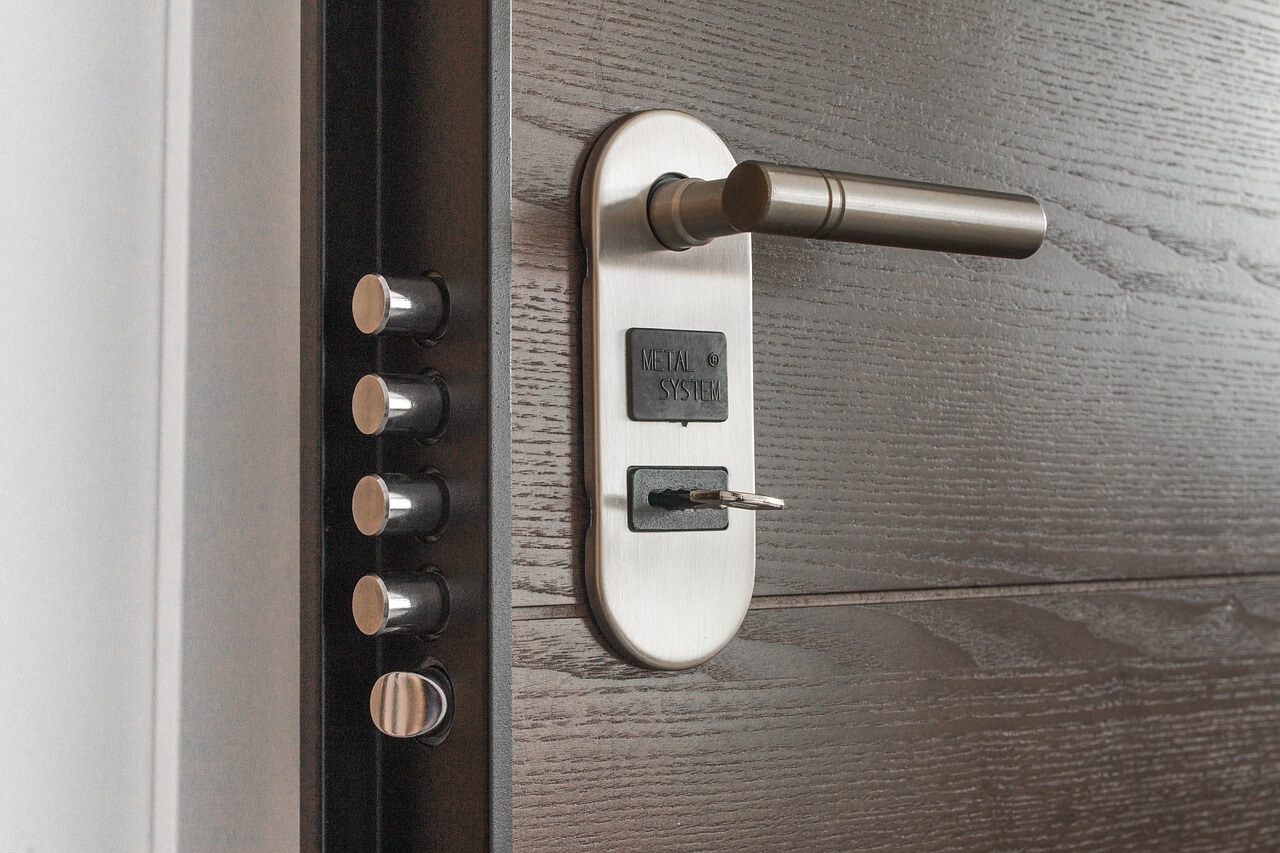6 Tips Homeowners Should Always Keep In Mind
Homeownership is a huge responsibility. Not only do you have to keep up with regular maintenance and repairs, but you also have to be proactive in ensuring your home runs efficiently. To help you, here is a list of 6 tips every homeowner should keep in mind:

1. Keep Up With Maintenance & Repairs
Part of being a responsible homeowner is keeping up with regular maintenance and repairs. Staying on top of things can prevent small problems from becoming bigger, more expensive issues. Make sure to keep up with routine maintenance tasks like changing the air filter in your furnace and checking the smoke detectors monthly. In addition, don't neglect larger repairs that may be needed from time to time. For example, if you have a leaky roof, you'll want to get it fixed as soon as possible to avoid water damage.
Some tasks are better left to a professional. That is especially true for tasks that involve electricity or plumbing. Attempting to do these things yourself could result in serious injury or damage, so it's always best to play it safe and call a pro. Regular maintenance can help to extend the lifespan of your home's major systems and components.
2. Understand Your Insurance Coverage
As a homeowner, it's crucial to have adequate insurance coverage. It will protect you financially if your home is damaged by a fire, severe weather, or another covered event. Review your policy regularly to understand what is and isn't covered. If you have any questions about your coverage, don't hesitate to reach out to your insurance agent for clarification.
It's also a good idea to review your coverage periodically to ensure it still meets your needs. As your home ages, you may need to adjust your coverage to account for changes in value. You may also want to add or remove coverage as your personal circumstances change.
Remember, working with a public adjuster when filing for a claim in case of fire, theft, water damage, or any other natural disaster is essential. According to the team at Avner Gat, a public adjuster will help you from the game the insurance companies are known for. They will negotiate with the insurance company on your behalf to make sure you receive a fair settlement.
3. Be Prepared for Emergency
No one likes to think about worst-case scenarios, but as a homeowner, it's important to be prepared for emergencies. This means having a plan in place in case of fire, severe weather, or another type of disaster. Make sure everyone in your family knows what to do and where to go in an emergency. It's also a good idea to put together an emergency kit with flashlights, batteries, and first-aid supplies. It's also good to put together a file with all your important documents like insurance policies, wills, etc. That way, if something does happen, you'll be able to find everything easily.
4. Inspect Your Home Regularly
Inspecting your home regularly, inside and out, is a good idea. This will help you to spot any problems that may need to be fixed. It can also help you catch potential problems before they become big issues. When inspecting your home, pay close attention to the roof, gutters, and foundation. These are all areas that can be susceptible to damage. If you spot any problems, get them fixed as soon as possible to avoid further damage.
5. Stay Energy Efficient
The cost of energy can add up quickly, so it's essential to do what you can to stay energy efficient. You can do several simple things to lower your energy bill each month. For example, keep your air filters clean and open your blinds during the day to let in natural light. You can also save money by turning off lights when you're not using them and unplugging appliances that are not in use. You can also save money by switching to energy-efficient appliances and light bulbs. These steps can help lower your energy bills and make your home more comfortable. Energy efficiency is not only good for your wallet, but it's also good for the environment.
6. Keep Your Home Secure
It's your responsibility to keep your home secure. Take steps to deter burglars and keep your home in good repair. Some simple things to keep your home safe include installing deadbolt locks on all your doors and adding motion-sensor lights around your property. You should also make sure to trim back any bushes or trees that provide cover for potential burglars. It's also a good idea to get to know your neighbors and tell them when you'll be away from home. If you follow these tips, you can help to deter criminals and keep your family safe.
As a homeowner, be aware of the responsibilities of owning a home. From maintaining your property to keeping your family safe, there are many things to consider. But by following these tips, you can help ensure your home is a happy and healthy place for you and your family.
